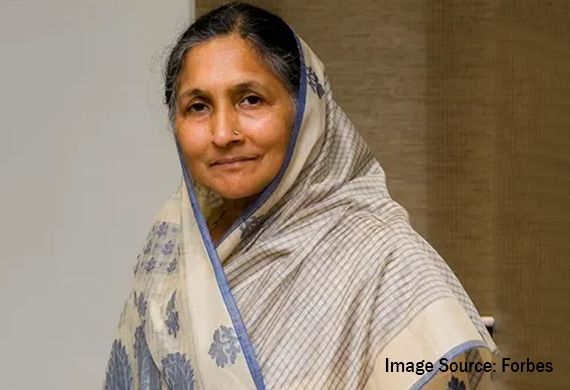
IIT-Bombay institutes a chair to Recognise Women Leaders in STEM
By: WE Staff | Tuesday, 8 June 2021
The premier IIT Bombay instituted a chair exclusively for women faculty in an effort to recognize female leaders in STEM (science, technology, engineering, and mathematics) education. The chair is funded by an alumnus from the institute's Class of 1995. While women faculty members do hold institutional positions, this is the first at IIT-Bombay that is exclusively for women. The chair will be open to faculty from all disciplines.
Amit Dixit, Blackstone's Head of Asia for Private Equity and an alumnus of the institute's civil engineering department, has not only sponsored the chair but will also support the student mentorship program's recruiting initiatives to attract more girls to the institute. He made the contribution in his personal capacity, and the chair will be named after him.
Director Subhasis Chaudhuri, in a statement, said that the occupant of the chair will be a role model for female students and younger faculty. “Gender diversity in the campus is one of the key areas where we are constantly working. I am sure this will help in achieving better gender equity at IIT-B. This is possibly one of the first and unique efforts in the Indian university system,” said the director.
The chair's faculty will be chosen through a selection process. The institute currently has 34 donor-sponsored chairs, two of which are occupied by women. The institute has established 38 chair professorships, two of which are held by women.
Dixit stated that his personal and professional experiences in India and the United States prompted him to focus on the issue.
“Under-representation of women is highly visible. We rarely see women holding CEO positions in most tech companies. I am now in a position to bring a change,” he said.
Dixit hopes to establish a "conversion cell" at the institute to assist girls who apply for and even pass the JEE but do not attend due to family pressures and concerns. The cell will help to allay the fears of parents from tier 2 and tier 3 cities about sending their daughters to big cities, as well as to improve the gender ratio on campus.






